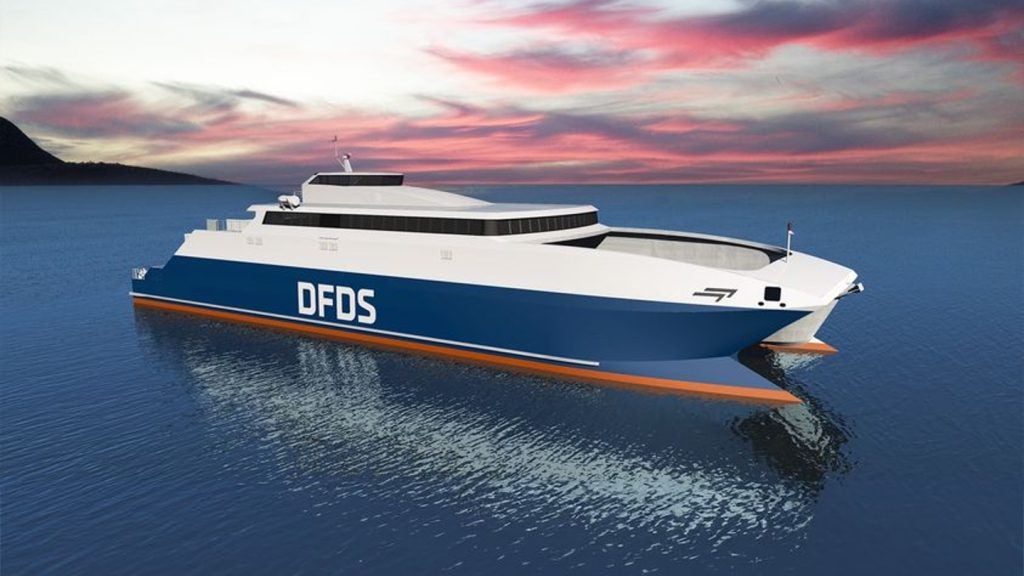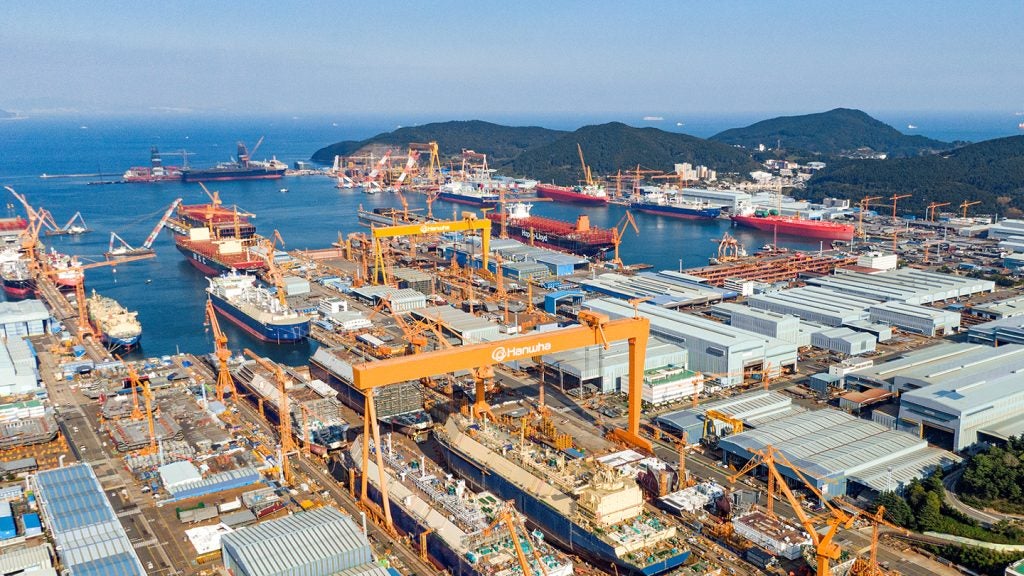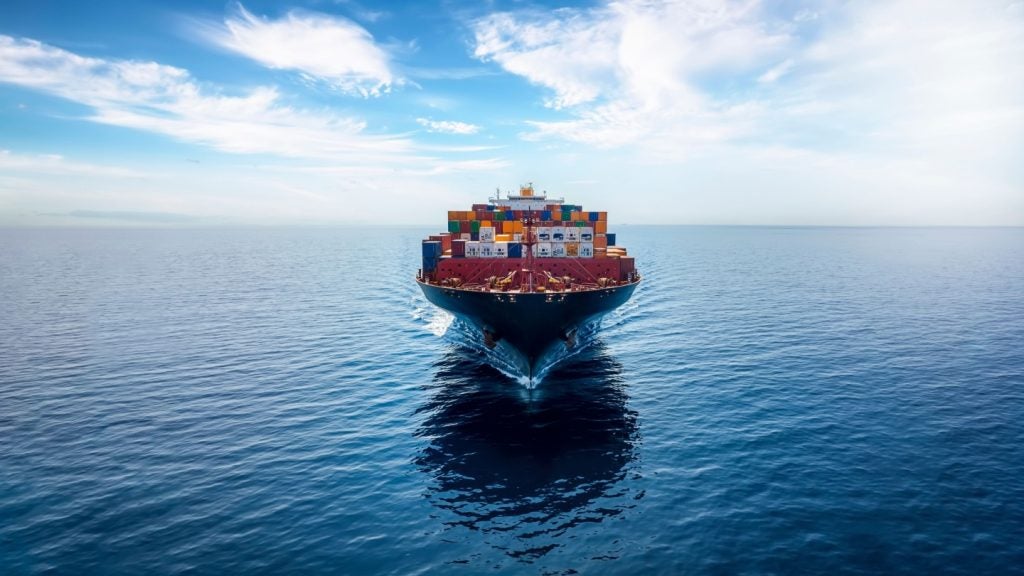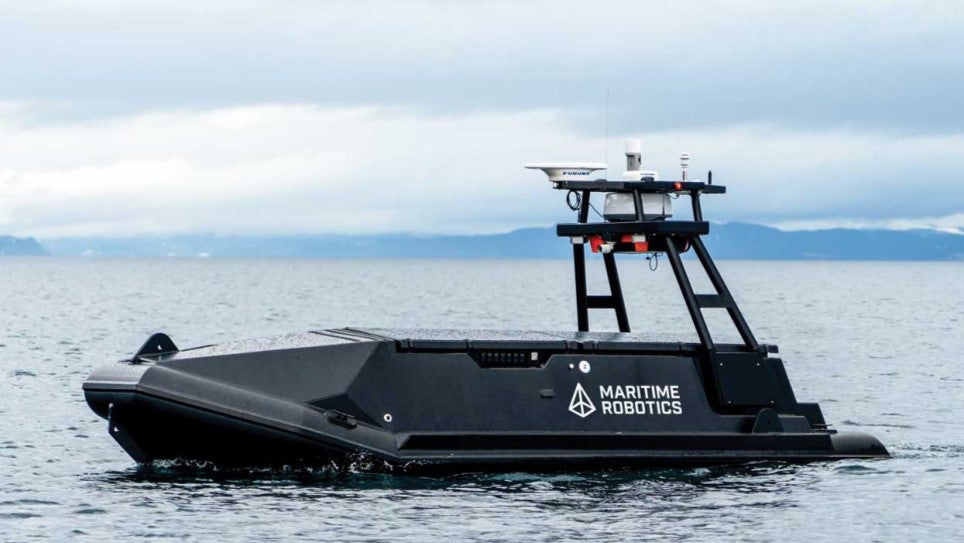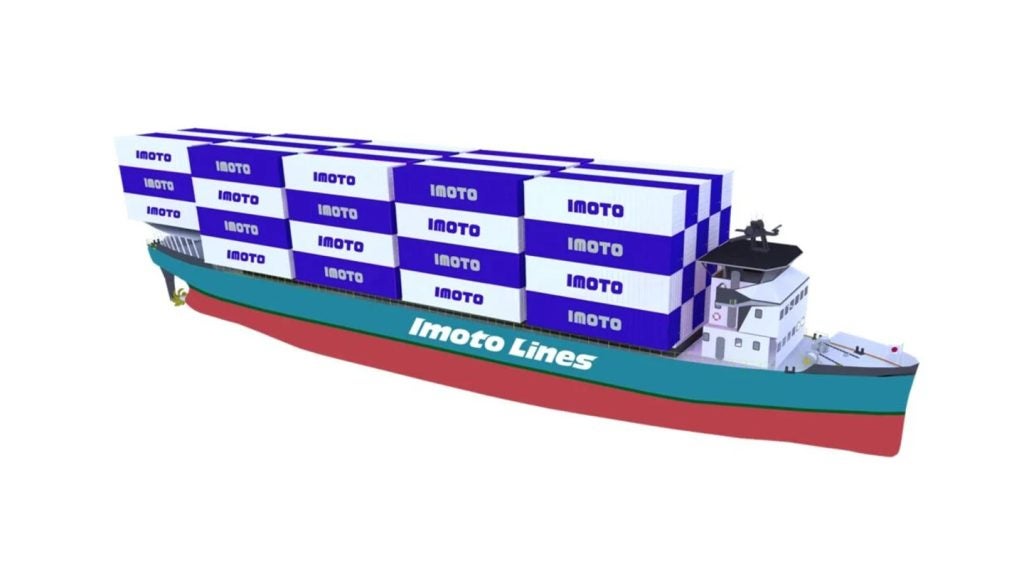Danish ferry company DFDS has signed a deal to design a hybrid-electric ferry for crossings to the Channel Islands ahead of a bid to win a tender for services to the islands.
The operator said it had contracted Tasmanian shipbuilder Incat to conduct a design study for a 72m long hybrid ferry that could be converted to fully electric as it builds its bid for the tender, which is currently held by Condor Ferries but will run out in March 2025.
DFDS CEO Torben Carlsen said the electrification of short sea routes was the future for maritime but also admitted there would be complications to address, he said: “We need to ensure a sufficient power supply on land and infrastructure to accommodate recharging facilities in ports.
“But I am confident that we can work together with the ports, governments, and communities on the Channel Islands to make this happen.”
While a tender has not yet been put out for the services to the Channel Islands, Jersey and Guernsey have announced an intention to launch one, with Condor Ferries, which is partially owned by Brittany Ferries, planning to bid to retain its contract.
Though the design study carried out by Incat and DFDS will depend on the requirements of the tender, the ferry company said it would focus on a hybrid design until the charging infrastructure needed for a fully electric vessel was in place in the relevant ports across the channel islands and the UK.
Incat CEO Stephen Casey said: “We know that battery electric or electric-hybrid propulsion coupled with lightweight aluminium on shorter sea routes will be the ideal choice to cut emissions, and it’s great to see major operators such as DFDS sharing in our goal to shape the future of decarbonisation in maritime transport.”
The commitment to using hybrid ferries on the route comes as DFDS continues working towards working towards the use of battery-powered vessels in the English Channel for its services between Europe and the UK, with two set to enter service by 2030.
Additionally, during an event attended by Ship Technology in Copenhagen, the ferry operator also promoted its “two plus two plus two” plan to get methanol, ammonia and electric-powered vessels into the water as part of its sustainability efforts and commitment to becoming carbon neutral by 2050


